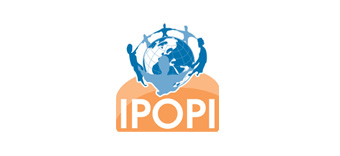October 8, 2024
EU Top Positions Under Discussion
The European elections took place from June 6-9, 2024, and their consequences in the EU structure are still in the making. Ursula von der Leyen, re-elected again as President of the European Commission, has taken the summer to discuss and propose a college of Commissioners. The EU Commission is the body, somewhat like a national government, that proposes legislation and policy to the Council and the European Parliament. This College has been designed based on the proposals by the different EU countries that sent their nominees, and von der Leyen has allocated different portfolios (areas of work).
Once von der Leyen has designated her college, it will be up to the European Parliament to examine the 26 Commissioner-designees on their assigned portfolios (the so-called “hearings”). On previous occasions, some of the Commissioner-designees did not make the cut set by the Members of the European Parliament, and it is envisaged that in this edition it will happen as well. The President of the Commission will be obliged to urgently speak to the country having put forward the nominee and request a new name more likely to get approved by the Parliament. The College of Commissioners needs to be accepted or dismissed as a whole, so the Members of the European Parliament are very likely to continue with the “tradition” of making the Commissioner-designees’ lives difficult during the hearings. These hearings will take place over the next few weeks, and it is expected that the newly elected Commission will be fully operational by the end of November, or the beginning of December.
In terms of political dossiers, the new Commission has on its to-do list a series of important dossiers already under discussion, such as:
- The European Health Union (focussing on strengthening the EU mechanisms for health crisis response and providing a unified approach to health emergencies),
- The Pharmaceutical Strategy (already under discussion in the previous term, aims at ensuring the availability, accessibility and affordability of medicines),
- The European Health Data Space (fostering health data sharing through a unified framework at EU level, with the view of enhancing research and healthcare),
New dossiers that have been mentioned are:
- The Critical Medicines Act (aiming at tackling shortages of medicines considered essential, such as antibiotics or painkillers),
- A Strategy for European Life Sciences
Many stakeholders, such as patient groups (including IPOPI), have been working hard to have a European Action Plan for Rare Diseases, a plan that would allow the development of a framework coordinating the activities developed in the rare diseases field, including newborn screening for rare diseases, development of therapies for rare diseases and care.

